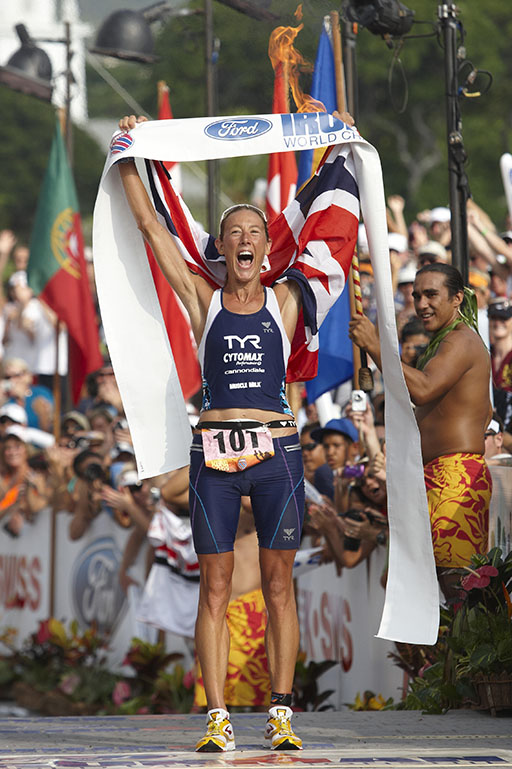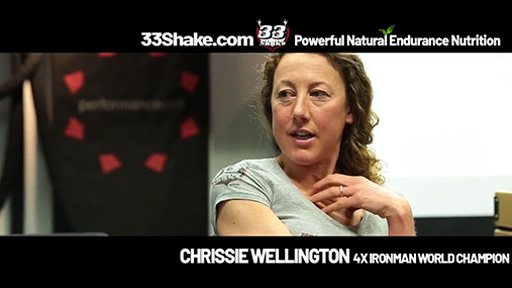2 Insight: recovery is training
Chrissie Wellington trained obsessively hard when she gave up her civil service job to become a full-time athlete. She states that ‘recovery is training … spending the day shopping or gardening doesn’t count as rest. It has to involve sitting down, preferably on a sofa’ (Wellington, 2012, p. 150).

Activity 2 Is Wellington’s view of recovery realistic?
Watch this video of Wellington describing how she massively reduced her risk of overtraining once she changed her approach to recovery. Is her idea that it is only possible to get full mental and physical rest by sitting or lying on a sofa realistic for most everyday athletes?

Transcript: Video 2
Discussion
Wellington was at the very top of an extreme physical endurance sport in which legs were important in running, swimming and cycling. Her extreme version of rest is perhaps uncommon and difficult to comply with for those who work and/or have family caring responsibilities. Her comments about resting her active mind are also interesting since for most people going shopping or light gardening would be one easy way of helping to switch off.
The important point is that recovery in itself is training, and overtraining can be prevented by appropriate rest.
But if an athlete doesn’t allow for appropriate recovery – what are the potential health risks? You will look at this next.
